Red sky at night, and other mysteries solved: The science of sunrise and sunset
Is the 'Red Sky at night' saying true? What's the difference between sunrise and sunset? And why does the sky go red in the first place? Jay Griffiths explains all...
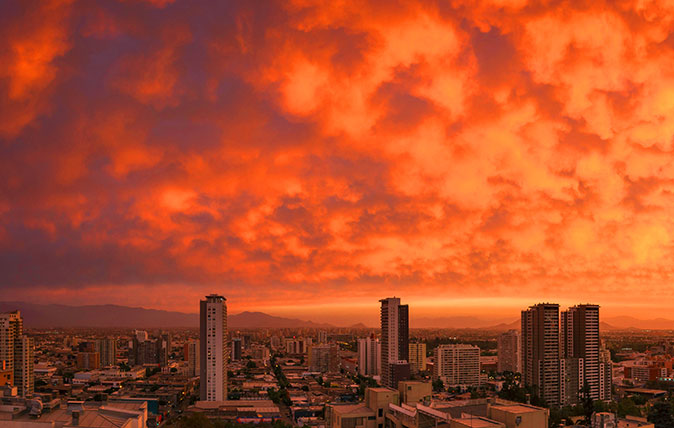

Red sky at night...
‘Red sky at night, shepherd’s delight – red sky in the morning, sailor's warning.’ So the saying goes – but why? This occurs when the weather predominantly comes from the west, as it does in Britain.
A red sky at night means high pressure is moving in from the west and the next day will be sunny. A red sky in the morning signals that high pressure has already moved east, giving way to low pressure with wet and windy weather – necessitating that shepherd’s warning.
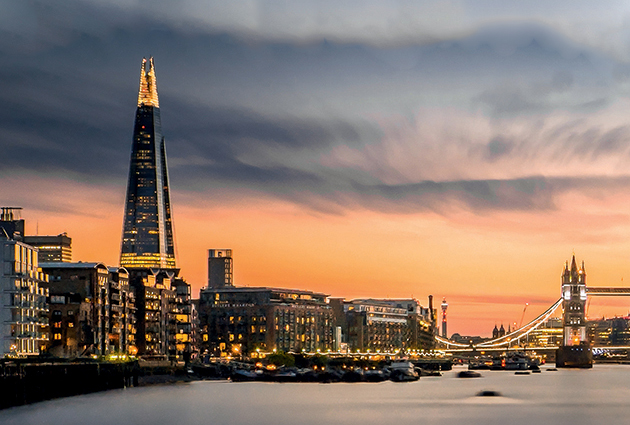
The scattering of the sun's rays
The colours of sunrise and sunset result from a phenomenon known as scattering: molecules and small particles in the atmosphere change the direction of light rays, causing them to scatter, which affects the colour of light from the sky, depending on the wavelength of the light and the size of the particle.
Short-wavelength blue and violet are scattered more than other colours; long-wavelength red is scattered least. At sunrise and sunset, the light passes through more air and more atmosphere, so there are simply more molecules to scatter the violet and blue away.
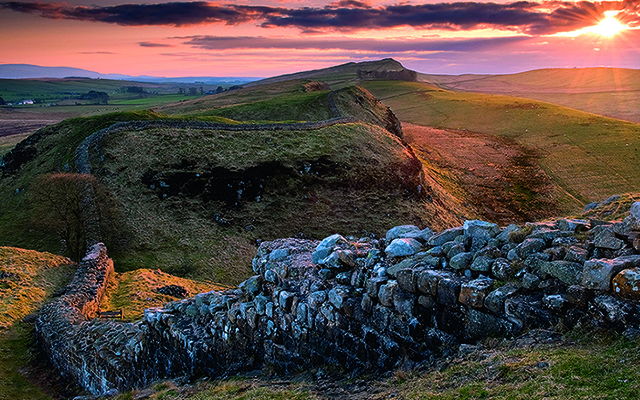
Why sunrise and sunset are different
Sunsets tend to look more chaotic, with large curtains of colour. Sunrises tend to have a cleaner and neater overall look. The reason? During the warm, busy day, more polluting particles build up in the atmosphere. After the cool night, the air is clearer – the colours are more focused around the sun itself.
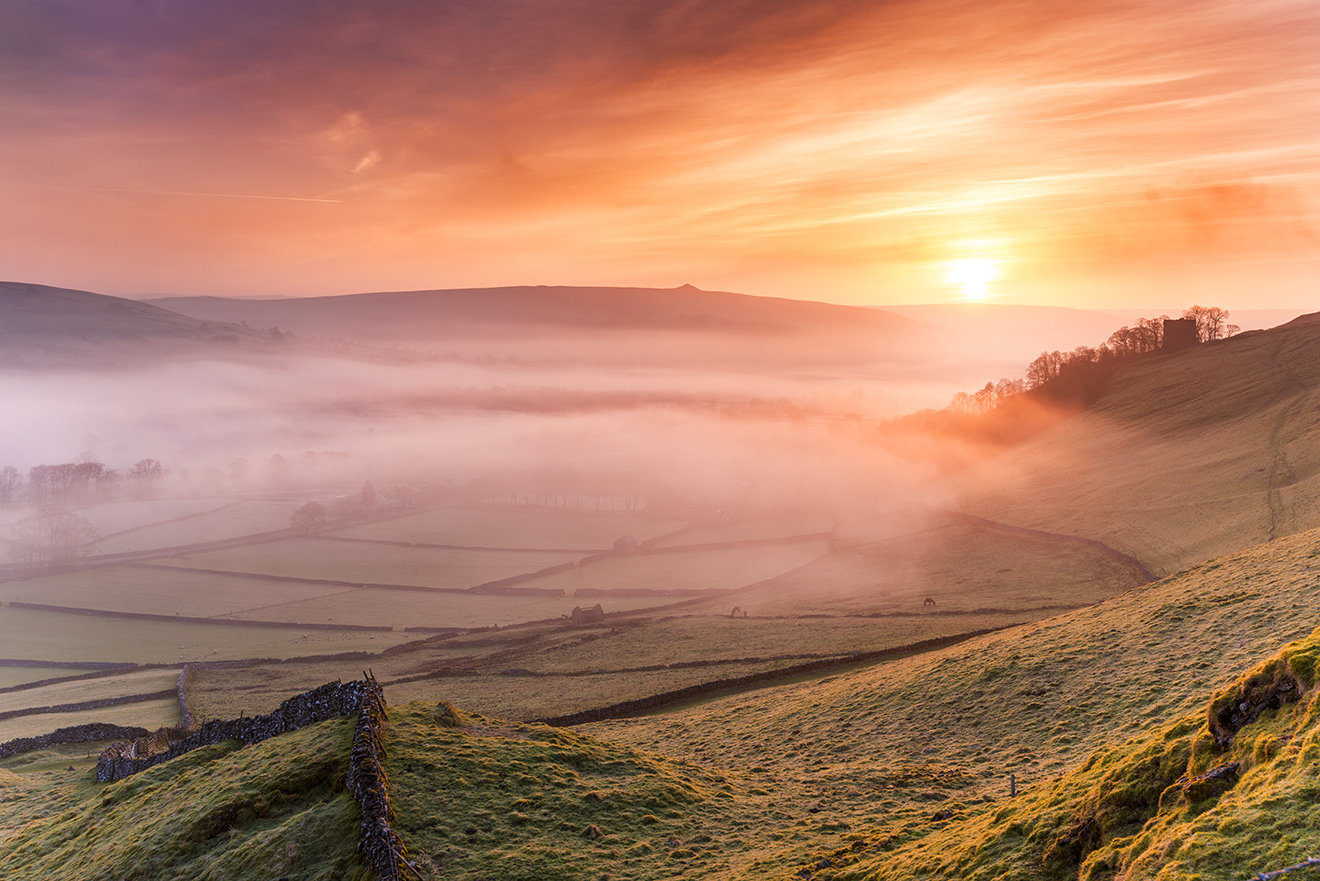
The volanic mechanic
Major volcanic eruptions scatter particles of gas, dust and ash into the upper atmosphere, which can remain for several years. The effects include spectacularly multicoloured sunsets, with more perceived reds, purples, pinks and oranges than normal. The vast eruption of Krakatoa in 1883 spread these around the world – as immortalised in Edvard Munch's The Scream.
Where to find the ultimate sunset
While wild coasts and unspoilt islands undoubtedly have beautiful sunrises and sunsets – the Greek island of Santorini was recently named as the place on the planet with the most beautiful sunsets – for a truly extraordinary red sky, nature needs a little bit of help. The natural atmosphere of nitrogen and oxygen will never tip a sunset beyond an orange hue, but pollution particles can cause a deep red sunset. The Chilean city of Santiago (at the top of this page) offers a great example: it sits in a valley ringed by mountains, and is regularly choked with smog – but the blood-red skies in the evening offer a tiny bit of aesthetic compensation.
Sign up for the Country Life Newsletter
Exquisite houses, the beauty of Nature, and how to get the most from your life, straight to your inbox.
On balance, perhaps the clean, orange skies of Santorini – or even better, an island like Spetses where horses and carriages trump cars as the transportation of choice – are better after all...
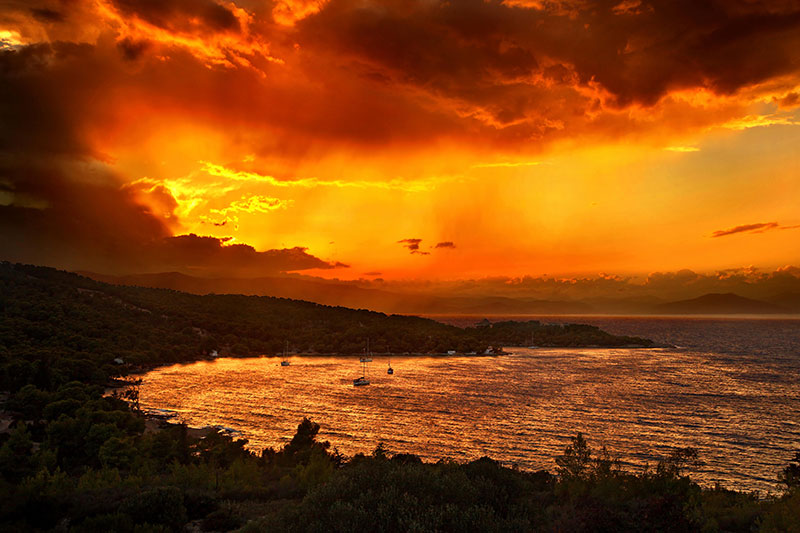
Country Life is unlike any other magazine: the only glossy weekly on the newsstand and the only magazine that has been guest-edited by HRH The King not once, but twice. It is a celebration of modern rural life and all its diverse joys and pleasures — that was first published in Queen Victoria's Diamond Jubilee year. Our eclectic mixture of witty and informative content — from the most up-to-date property news and commentary and a coveted glimpse inside some of the UK's best houses and gardens, to gardening, the arts and interior design, written by experts in their field — still cannot be found in print or online, anywhere else.
-
 Jungle temples, pet snakes and the most expensive car in the world: Country Life Quiz of the Day, April 14, 2025
Jungle temples, pet snakes and the most expensive car in the world: Country Life Quiz of the Day, April 14, 2025Mondays's quiz tests your knowledge on English kings, astronomy and fashion.
By James Fisher Published
-
 Welcome to the modern party barn, where disco balls are 'non-negotiable'
Welcome to the modern party barn, where disco balls are 'non-negotiable'A party barn is the ultimate good-time utopia, devoid of the toil of a home gym or the practicalities of a home office. Modern efforts are a world away from the draughty, hay-bales-and-a-hi-fi set-up of yesteryear.
By Annabel Dixon Published
-
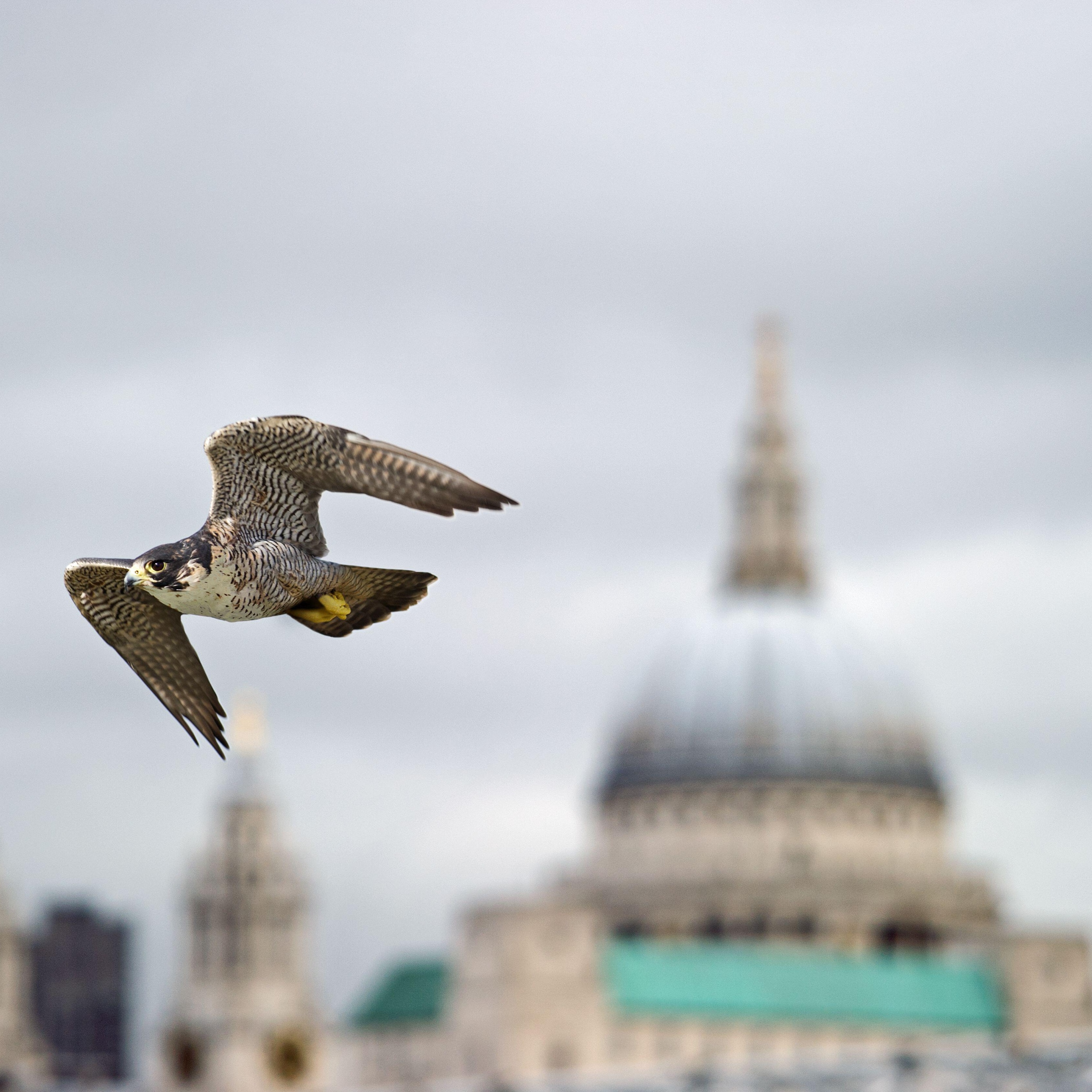 The birds of urban paradise: How to get twitching without leaving the city
The birds of urban paradise: How to get twitching without leaving the cityYou don't need to leave the concrete jungle to spot some rare and interesting birds. Here's a handy guide to birdspotting in Britain's towns and cities.
By Richard Smyth Published
-
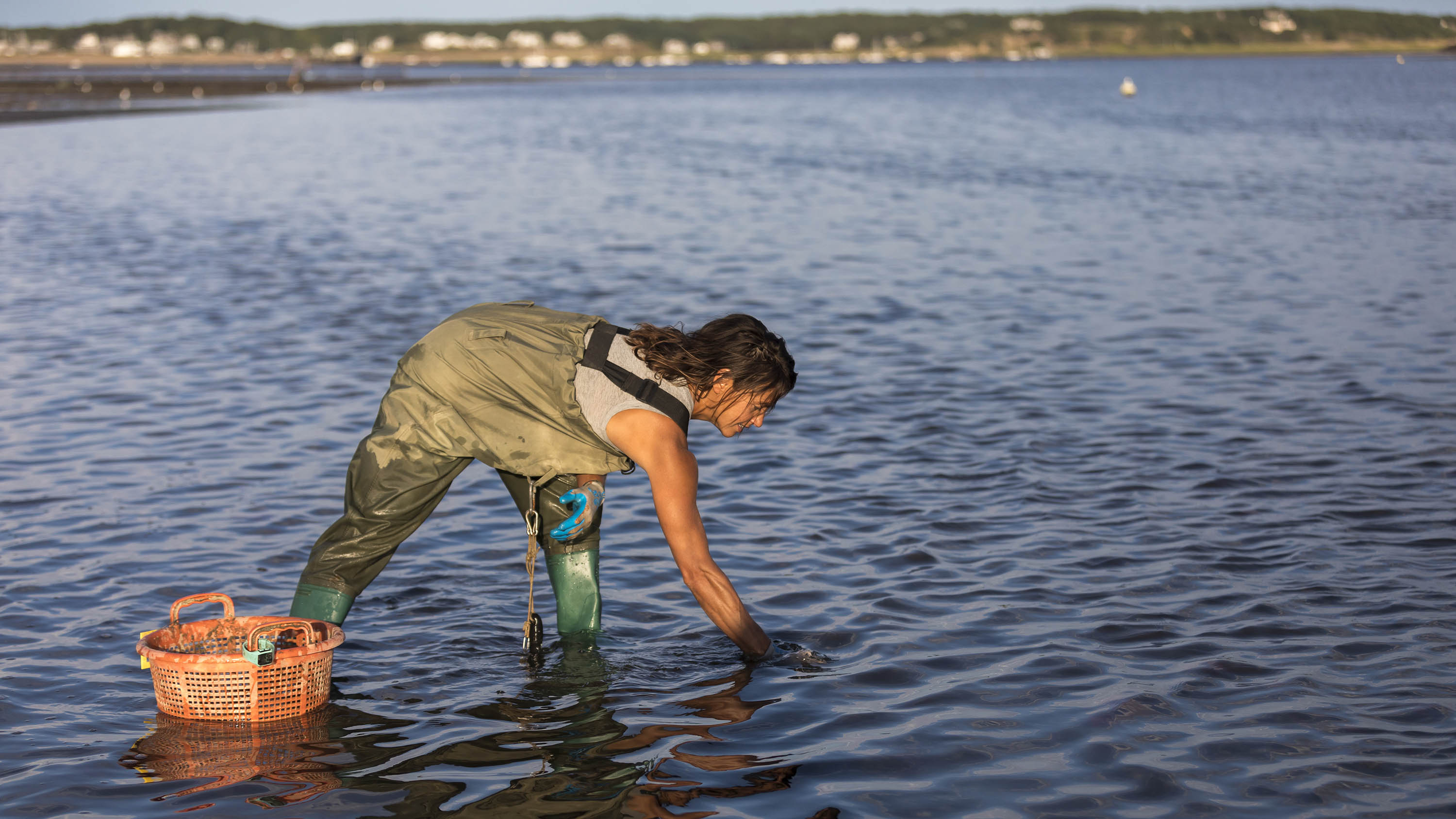 Food with a pinch of salt: The crops we can harvest from the sea
Food with a pinch of salt: The crops we can harvest from the seaFilling, rewarding and nutritious, vegetables and plants grown in saline environments — whether by accident or design — have plenty of potential. Illustration by Alan Baker.
By Deborah Nicholls-Lee Last updated
-
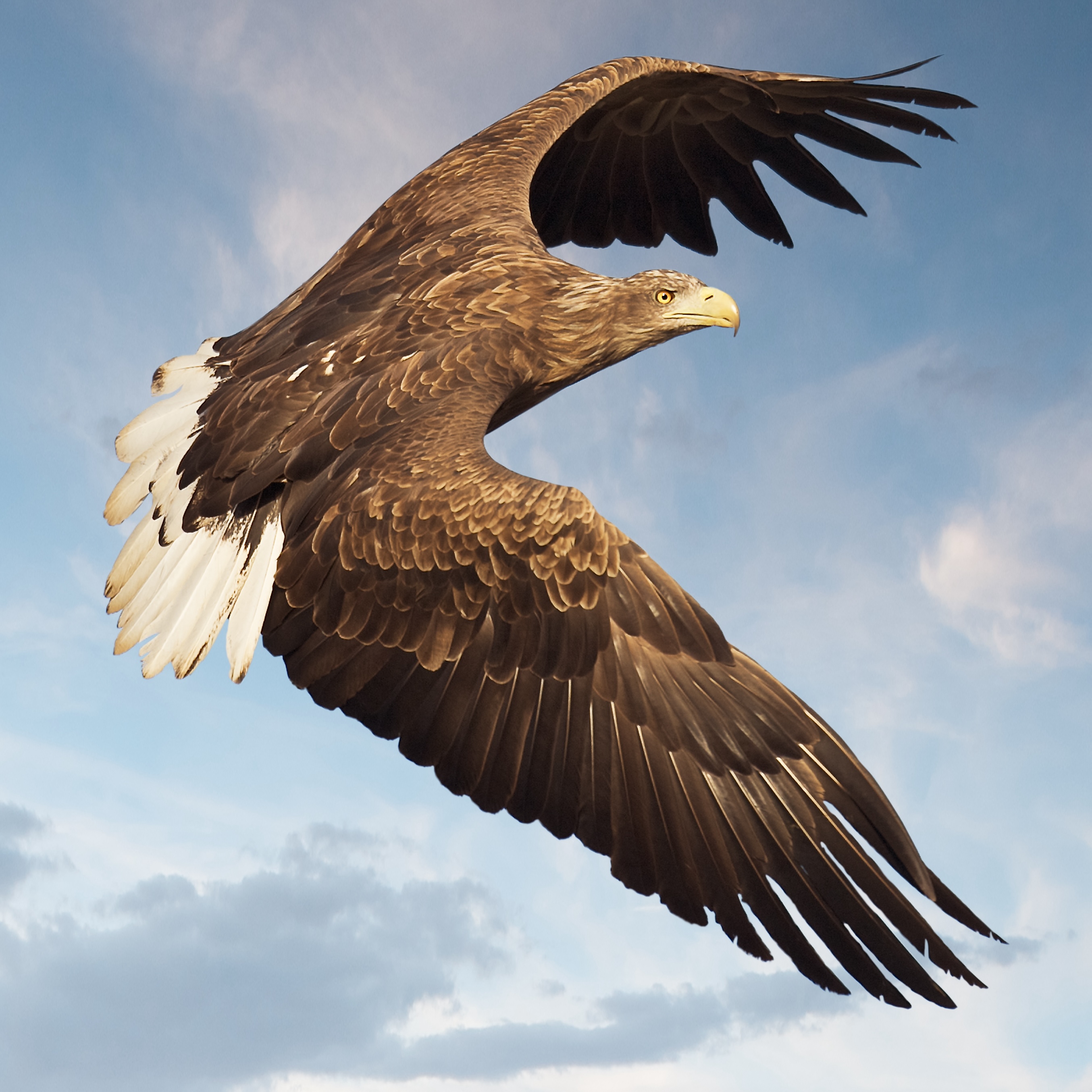 White-tailed eagles could soon soar free in southern England
White-tailed eagles could soon soar free in southern EnglandNatural England is considering licensing the release of the raptors in Exmoor National Park — and the threat to pets and livestock is considered to be low.
By Jack Watkins Published
-
 Britain's whale boom and and the predator that's far scarier than a great white shark, with wildlife cinematographer Dan Abbott
Britain's whale boom and and the predator that's far scarier than a great white shark, with wildlife cinematographer Dan AbbottThe wildlife cinematographer Dan Abbott joins us on the Country Life Podcast.
By Toby Keel Published
-
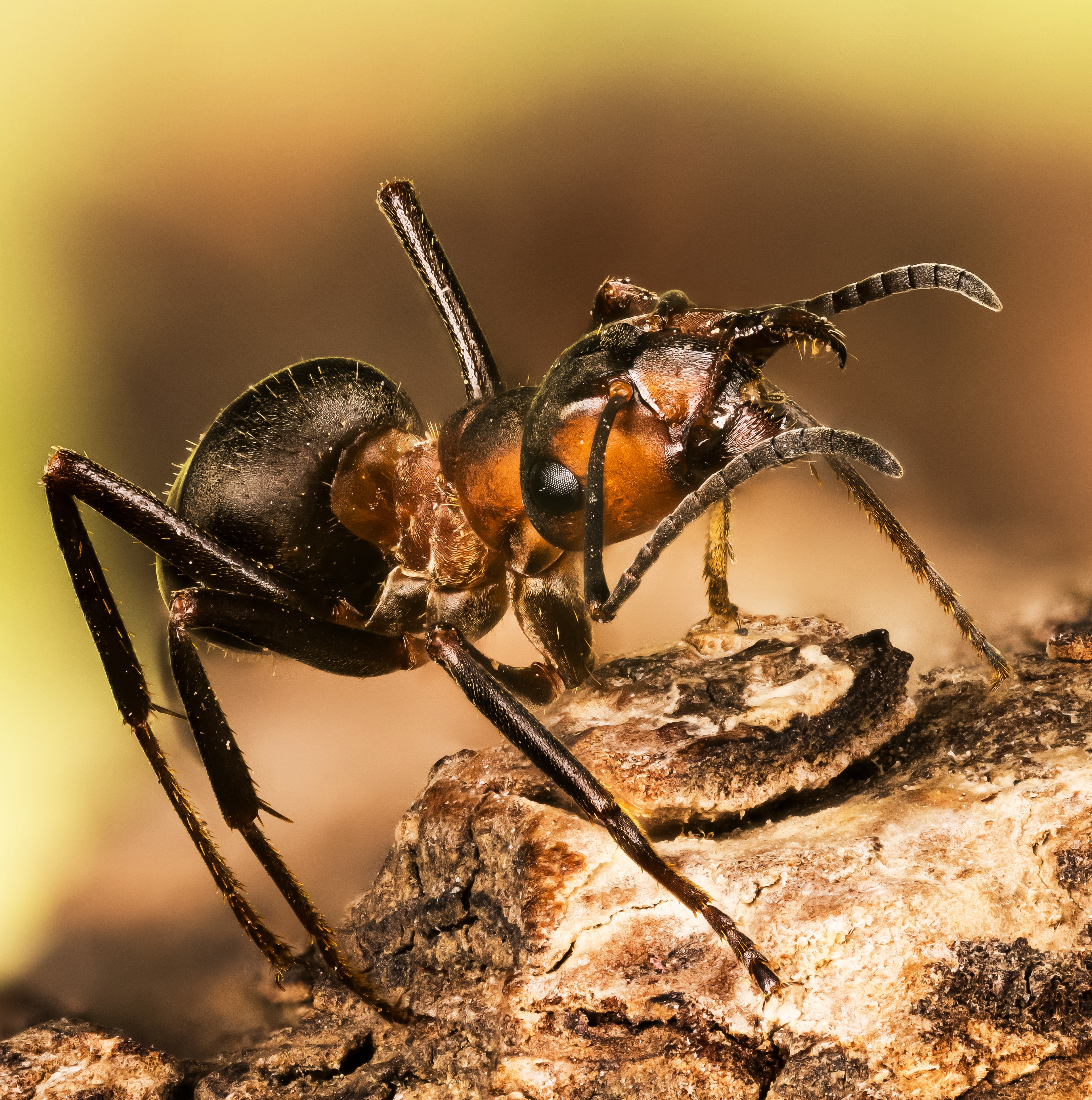 'They are inclined to bite and spray acid to protect territory': Meet the feisty red wood ant
'They are inclined to bite and spray acid to protect territory': Meet the feisty red wood antBy Ian Morton Published
-
 The King wants YOU: His Majesty's call-to-arms for under-35s across Britain
The King wants YOU: His Majesty's call-to-arms for under-35s across BritainThe King’s Foundation has launched its ‘35 under 35’ initiative — a UK-wide search for ‘the next generation of exceptional makers and changemakers’ who want to work holistically with Nature.
By Amie Elizabeth White Published
-
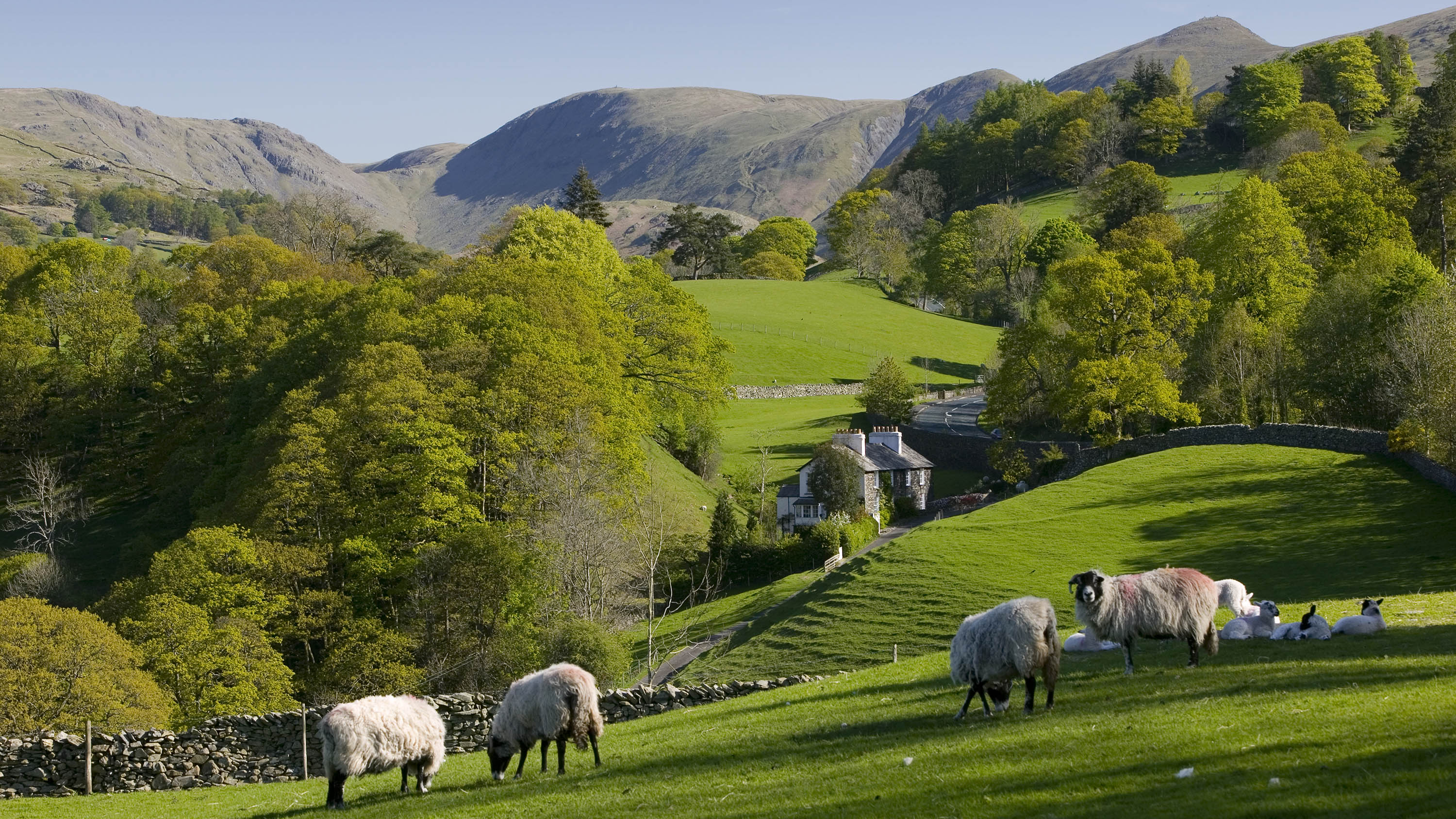 'A big opportunity for a small, crowded and beautiful country': Fiona Reynolds on how the Land Use Framework can make Britain better
'A big opportunity for a small, crowded and beautiful country': Fiona Reynolds on how the Land Use Framework can make Britain betterThe Government’s Land Use Framework should be viewed as an opportunity to be smarter with our land, but conflicts need to be resolved along the way says Fiona Reynolds, chair of the Food, Farming and Countryside Commission.
By Fiona Reynolds Published
-
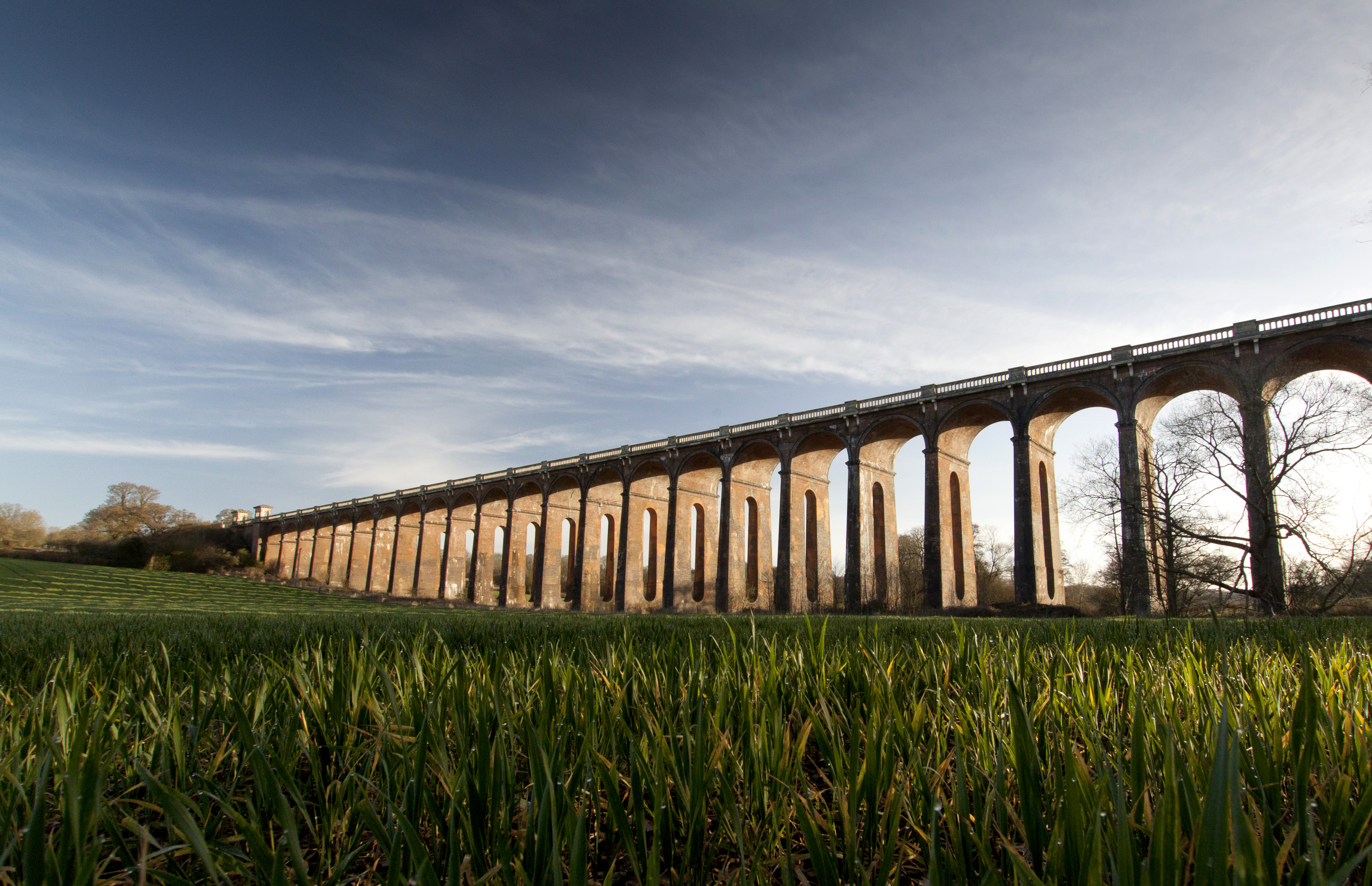 Dawn Chorus: A river comes to life, more mews is good mews, and the new 400-mile electric Volvo
Dawn Chorus: A river comes to life, more mews is good mews, and the new 400-mile electric VolvoRivers now have the legal right to flow, and to not be full of pollution. It's about time.
By James Fisher Published